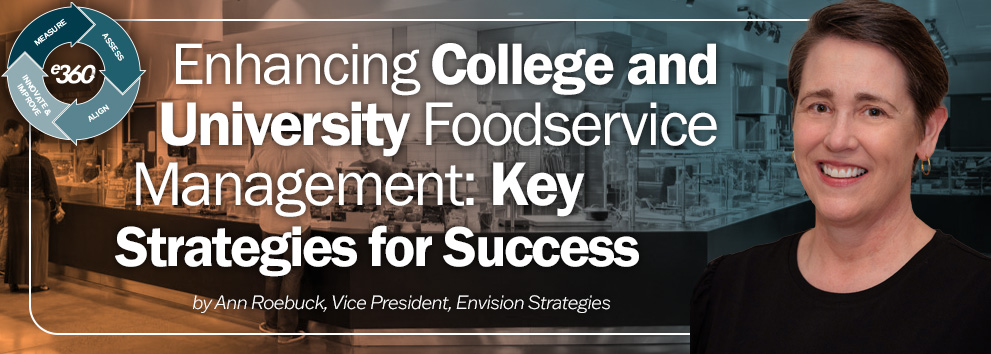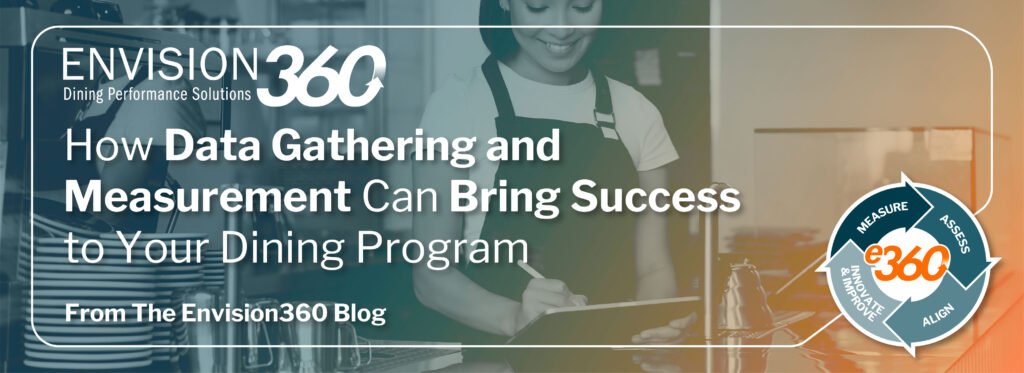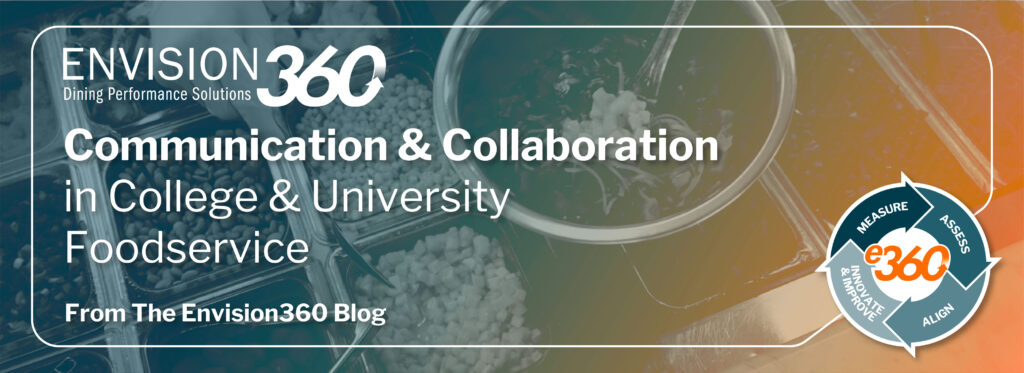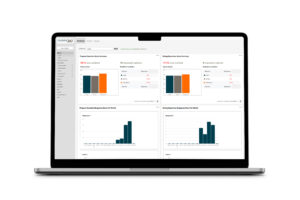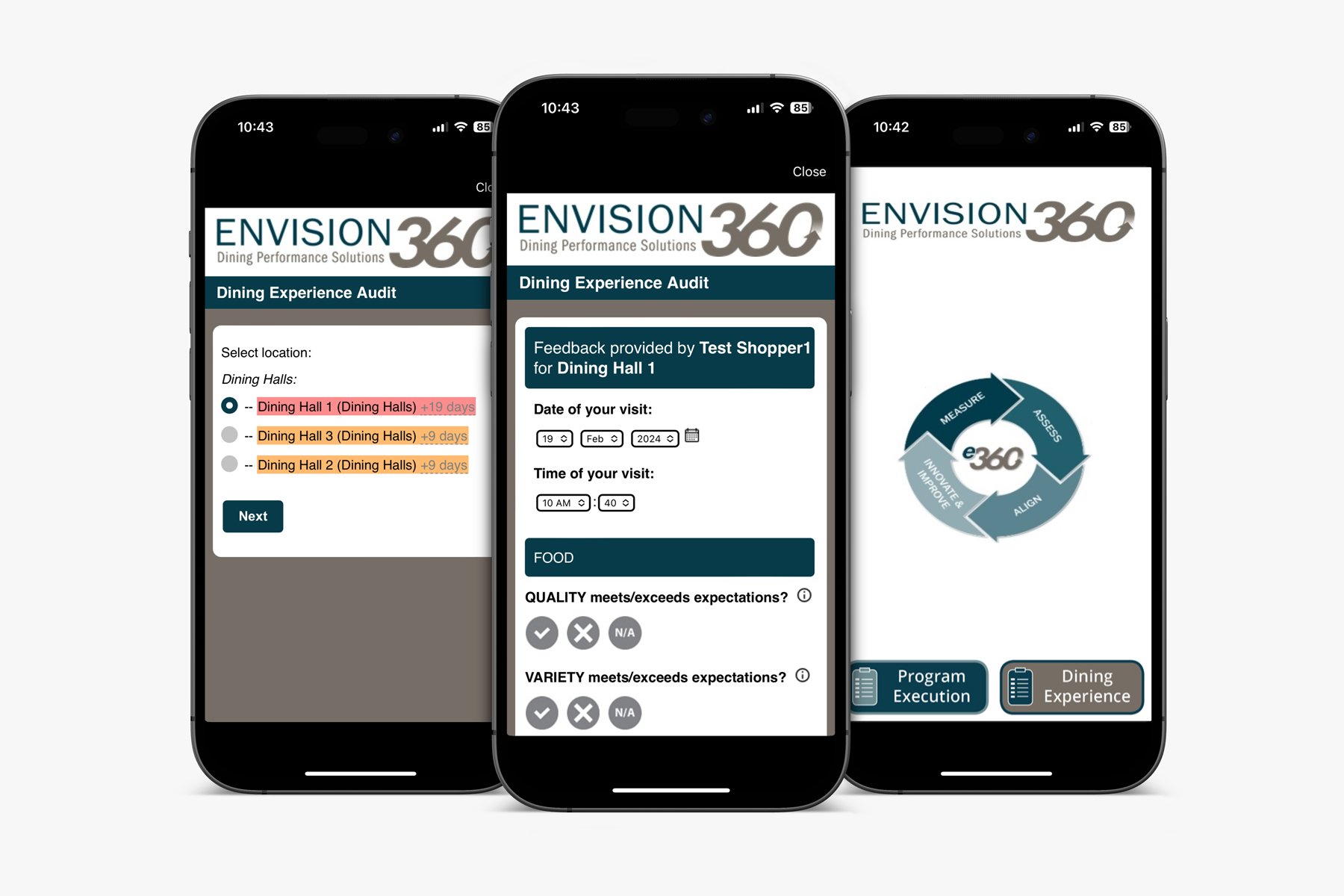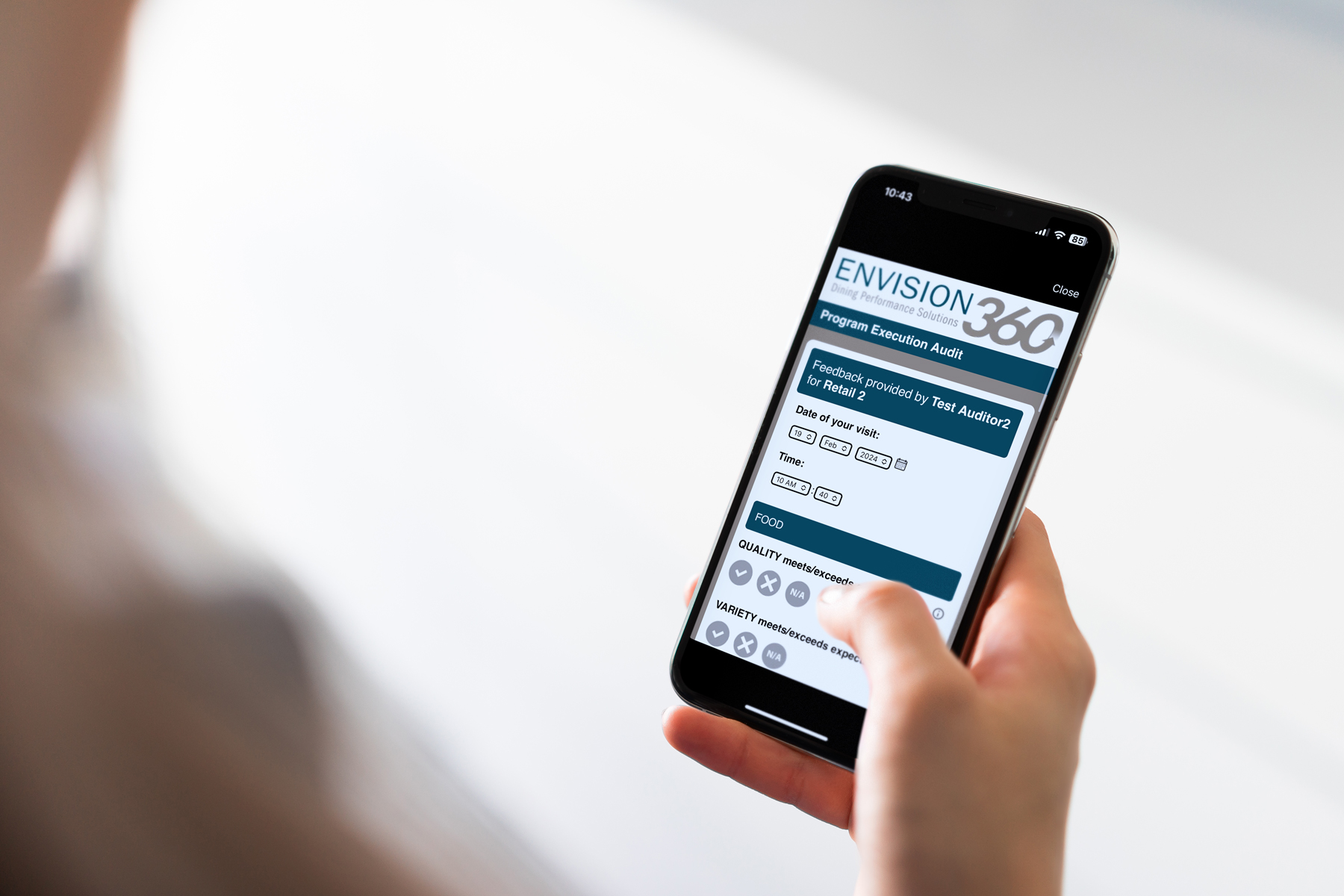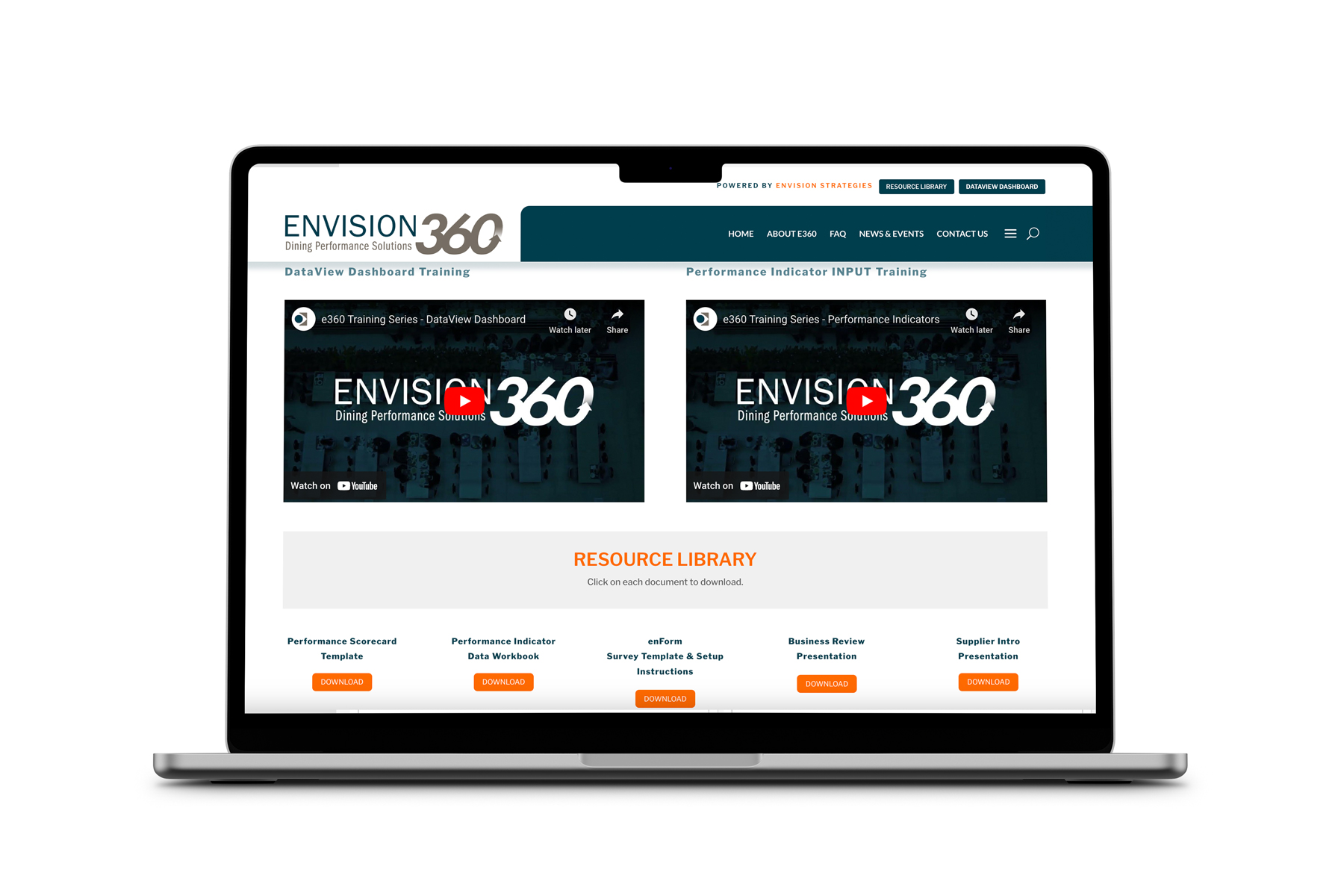It is no secret that the landscape of the foodservice industry is complex and ever changing. It seems there are less hours in the day, and more to do than ever before. In order to keep up with the constantly evolving trends, it is important for those with oversight of any Foodservice program (oftentimes, the ‘Client’) to establish and maintain strong, authentic relationships with their contracted foodservice suppliers. One of the key components to a successful Foodservice Client-Supplier relationship is transparency.
In order for both parties to make informed decisions regarding the future of their program, it is important that timely, meaningful and accurate information is shared between the supplier and the Foodservice Client. This type of information sharing requires a significant investment of time and resources from both parties. It can feel daunting to put your cards on the table, however, it is also important to note that this is more than just a transactional relationship – both parties need to be committed to partnership and collaboration in order to see success.
Some other factors that are important to consider when establishing a transparent relationship with your foodservice supplier include overall shared goals and objectives toward a “best in class” program, all while creating value, and investing in allocated resources.
The Benefits of Transparency in Foodservice Operations
There are many benefits that come from establishing a transparent relationship with your foodservice supplier. Perhaps the most obvious benefit is that it allows both parties to make informed decisions.
Additionally:
- Transparency allows you to set and share expectations with your Supplier, which will result in better use of time, continuous improvement and a more targeted focus on results.
- Being forthcoming in your expectations allows for alignment on the program you are both aiming to execute and operate.
- Mutually agreed upon goal setting keeps the lines of communication open and allows for a clear delineation of tasks and responsibilities.
- Transparency allows both parties to act proactively and responsively to the needs of the program, which allows the program to grow and improve, versus reactively, which results in a ‘Band-Aid fix’, and one that might not move the needle in the right direction.
When accurate and timely information is shared between the Foodservice Client and the Supplier, everyone involved can rest assured knowing that they are making decisions based on all of the available facts and for the ultimate benefit of the community they serve.
Transparency Builds Trust
Another benefit of transparency is that it fosters a sense of trust between the two parties. In any relationship, trust is essential. However, it is especially important in business relationships where large sums of money are often exchanged. By being open and honest with each other, both parties can build trust which will strengthen the overall relationship.
Transparency Nurtures Growth
Finally, transparency also allows for growth. When information is shared freely, both parties have room to grow and improve. This type of openness creates an environment which fosters excellence in performance, resulting in an overall improvement in quality for both the Foodservice Client and the supplier. This is especially beneficial in the case of incentivized contracts with the client and operator.
Transparency between Foodservice Clients and their contracted Suppliers is essential to maintaining a successful business relationship. There are many benefits that come from sharing accurate and timely information including continuous improvement, strength in decision making, increased trust, and room for growth. If you are looking to build a stronger relationship with your foodservice supplier, start by increasing transparency between both parties.

